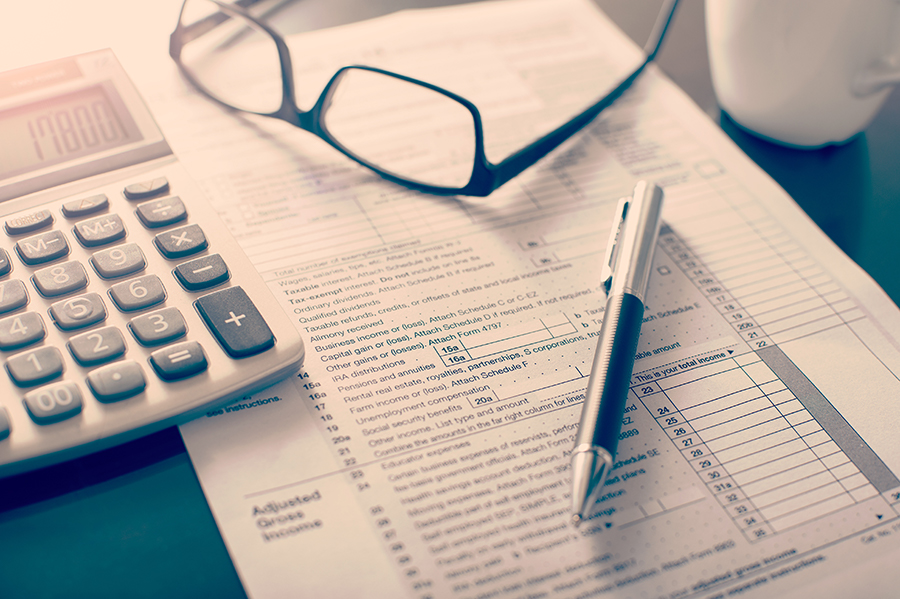Accounting
Business Accounting Services In Utah
Difficulties with accounting are the primary cause of good businesses failing. Make sure that your business doesn’t become a casualty of mishandled finances by getting a professional to handle your accounting, tax, and payroll needs.
We offer a comprehensive package that answers the needs of your business.
We can help you prepare for tax season throughout the year so that your records are all clear, transparent, and ready for scrutiny, and so that when tax season comes, you aren’t rushing and stressing to get things ready to file.
We can also help you understand your business expenses and profits, to help you maximize your business’ growth and manage finances strategically. We can help you stay ahead of trends, which will help protect your business from unexpected expenses and dips in the market.
Business Tax Preparation, Payroll & Accounting Services
A Complete Financial Service Package Designed to Fit Your Needs
- Income Tax Preparation, Federal, Utah and All States
- Complete Payroll Package
- Business Consultations
- Monthly Financial Statements
- Bank Reconciliation
- Complete Tax Records
- QuickBooks Support
- Pension and Retirement Plans
All of the Above for One Affordable Monthly Fee.
Relax, knowing all your business and personal tax returns are professionally prepared ready for your signature. Service includes year-round tax planning and QuickBooks support.

FAQs
Clients ask us what's the difference between a CPA and an Accountant?
I think the real definition of what an accountant does versus a CPA is in the breakdown of their education. The term “cpa” is actually short for certified public accountant (certified meaning they possess certain credentials) but an accountant can be any one who is licensed to practice accounting without them being a CPA. Generally anyone with at least a four year degree in accounting is considered an accountant. The CPA on the other hand must first have a bachelor’s degree, then graduate from one of only five hundred possible schools that offer the CPA program, pass state exams and at least 1,500 hours of accounting practice experience under their belt before they are even eligible to take the final financial exam. Only then can they be bestowed with the title of CPA.
Accountants and Certified Public Accounts (CPA) both work in the accounting profession to prepare and present financial data about companies and individuals. The real difference between an accountant and a CPA is education, expertise, and certification.
Tips for finding a good small business accountant
Finding a good small business accountant can be tough. So how do you find one? How do you know who to hire? What traits should you look for in accountants?
What do they specialize in? Do they have experience with that type of business?
You want an accountant that specializes in your industry. For example, if you run a restaurant, you wouldn’t hire an accountant that only works with the service industry. But if you own a trucking company, it doesn’t make sense to hire someone who specializes in restaurants. You’ll save yourself time and money by hiring an accountant that already knows your industry and what it entails: their fees may be cheaper because they won’t have to spend time learning about your industry, they’ll have relationships with other people in the industry already and will know what your business will need. At Klingler and Associates we specialize in dozens of different industries and employ both CPAs and General Accountants. We are sure to have a specialist well-suited to your type of business.
What does an accountant do for small businesses?
Accountants are good at analysis. They can dissect data sets, spot patterns and make sense of information that seems meaningless to non-accountants. Small business owners should use the accounting expertise available to them as a means of staying on top of their businesses.
In addition to having a strong understanding of tax and compliance obligations, when you hire a small business accountant who understands your industry that person can also help you identify new opportunities for growing the business and then support you through the implementation. That’s because they have experience working with companies just like yours. They know what has worked for other clients, the pitfalls to avoid and can keep you on track with your strategy.
How can I find the right CPA for my small business?
If you’re like most small business owners, you know that finding the right CPA (certified public accountant) is as important as finding the right doctor or lawyer. An ideal CPA can help maximize your tax deductions and provide valuable accounting and tax planning advice to help you keep your financial records in tip-top shape.
The first step is to find a CPA who can not only meet your current needs but also provide insight into how the ever-changing accounting and business environment may affect your future. When searching for an accountant, look for one with expertise that matches your specific needs. It’s important to find someone who understands your issues and concerns.
You can also start by asking for referrals from your business associates, such as attorneys and real estate agents, as well as other professionals whose judgment you respect. If possible, meet with several accountants to discuss your specific problems and needs. It’s important to choose someone you feel comfortable with, who provides the level of service you require at a price you can afford.

